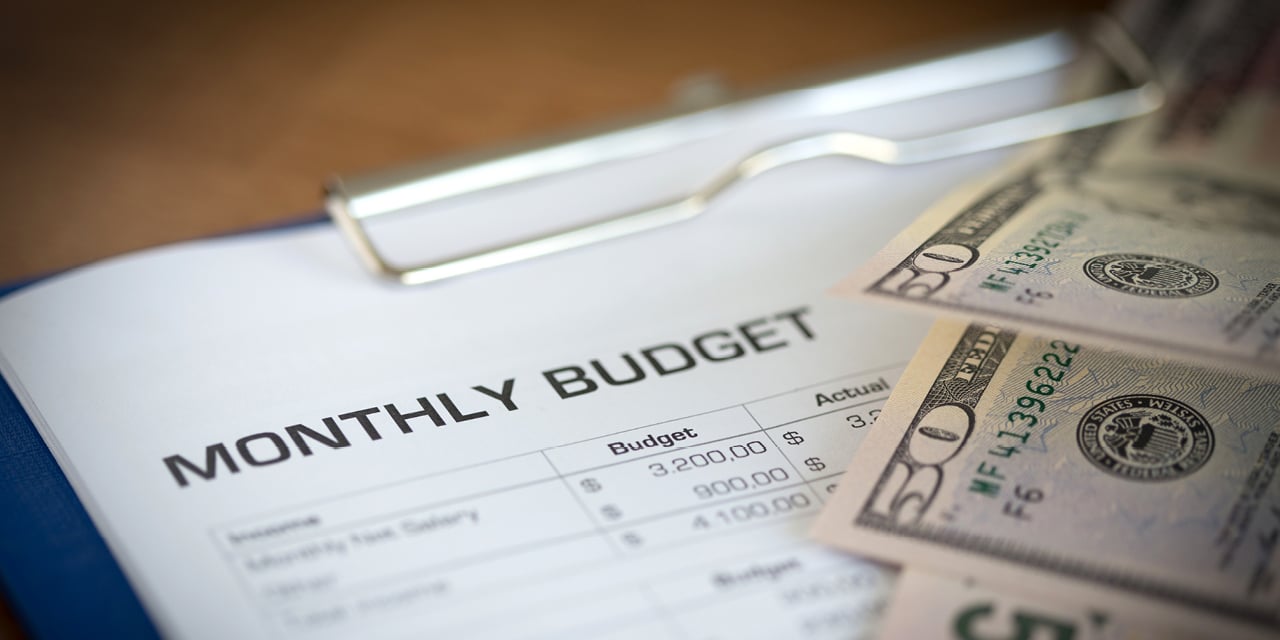
How To Prepare for a Recession
Six financial adjustments to make should the economy stumble
In a related Digest article, our experts at Strategas discussed the factors that could dictate when – and for how long – the economy might fall into recession. While hard to predict, recessions are a regular and even necessary part of the economic cycle – but that doesn’t mean you have to take them lying down. Here are six actions you can take to make sure you’re financially prepared.
Take the long view. Recessions can be painful in the moment, but if you’re able to ride them out, they can end up generating significant returns. The U.S. has endured seven recessions over the last 50 years – yet over that time frame the S&P 500 is still up well over 15,000%. As the saying goes, time in the market beats market timing, even when the market seems bleak.
Check your portfolio. Even if a recession looms on the horizon, there’s no way to know exactly when to sell and when to buy – some of the market’s best performances have been right before a recession begins or before it’s completely wound down. Rather than risk mistiming the market, focus on what you can control – that starts with positioning your assets appropriately for your goals
and risk tolerance.
Revisit all areas of your financial plans. Decreased asset values don’t just affect your plans for retirement – an extended market downturn can impact all areas of wealth management, from taxes to what you leave your heirs to how you pay for college. A proactive review could uncover concentrations in your portfolio and make your wealth more durable.
Explore building a ladder. If you’re able to ladder bond investments so your annual yield matches your living expenses, you can potentially create a cushion should markets get rough. This could allow you to keep the equity portion of your portfolio invested and let those holdings rebuild in value when the markets rebound.
On average, the stock market has shown a 140% return in the 10 years following the onset of a recession.
Get lean. When used judiciously, debt can be rocket fuel during good times – but a lead balloon during the bad. Eliminating especially high-interest debt can make it easier to outlast a market downturn without having to sell off equities at depressed values. Also be wary of using your assets as collateral for a loan, as recessions can cause their value to dip unexpectedly, potentially causing the loan to be called early.
Build up your cash. A market in recession can take a long time to rebound – 18 months on average, with the longest recovery taking five years. Building up your financial reserves in money markets and interest-bearing accounts can keep you from having to sell stocks when equities are down. Baird’s Cash Sweeps program lets you incorporate cash strategies into your wealth management plan in a way that can provide enhanced safety, simplicity and yield.
Recessions can be challenging for any investor – but when you’re well-prepared, they can also present new possibilities. Your Baird Financial Advisor can help make sure you’re ready for whatever the market has in store.
The information offered is provided to you for informational purposes only. Robert W. Baird & Co. Incorporated is not a legal or tax services provider and you are strongly encouraged to seek the advice of the appropriate professional advisors before taking any action. The information reflected on this page are Baird expert opinions today and are subject to change. The information provided here has not taken into consideration the investment goals or needs of any specific investor and investors should not make any investment decisions based solely on this information. Past performance is not a guarantee of future results. All investments have some level of risk, and investors have different time horizons, goals and risk tolerances, so speak to your Baird Financial Advisor before taking action.


